Our Board
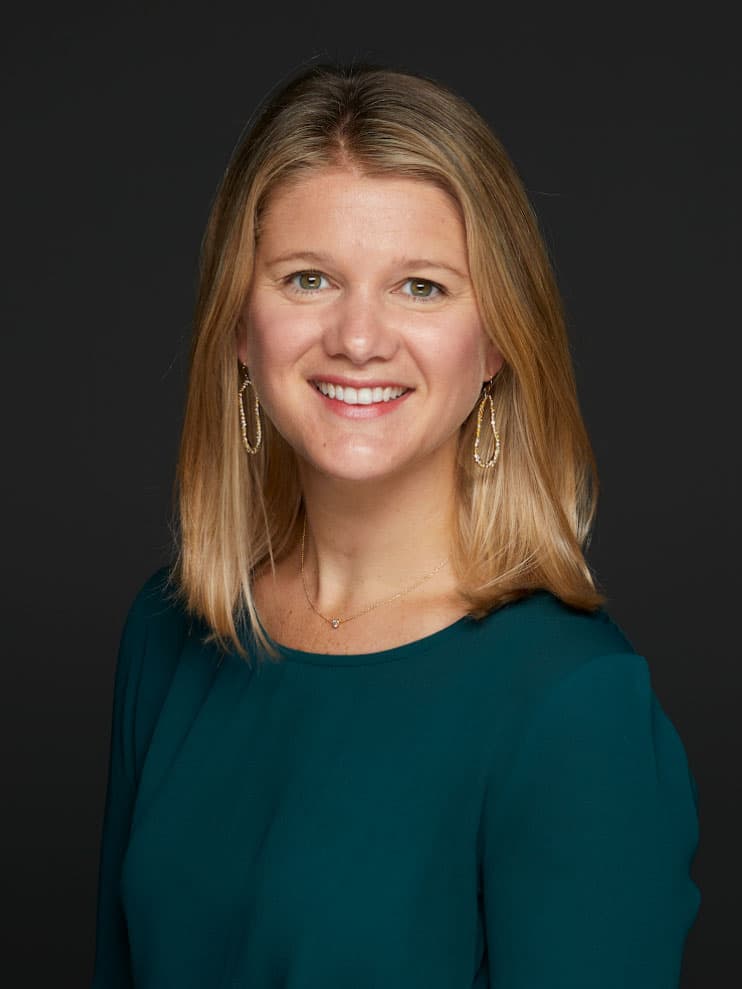
Colby Bishop
Senior Director, Science and Innovation Programs, National Geographic Society
Colby Bishop is the senior director of Science and Innovation programs at the National Geographic Society in Washington, DC. In that role, she oversees a portfolio of wildlife focused programs with the overall vision to explore, protect, and promote species diversity. Her career started at National Geographic working on the Genographic Project and she has since driven internal strategy and program management for programs like Photo Ark, The Big Cats Initiative, Sumatran Rhino Rescue and Wildlife Watch. Colby also serves on the Board of the Emerging Wildlife Conservation Leadership Program and she received an M.B.A. from the Robert H. Smith School of Business at the University of Maryland and a B.A. from Hamilton College in Clinton, New York. Colby and her husband Brendan live in Chevy Chase, MD with their two children and dog Trübsee.
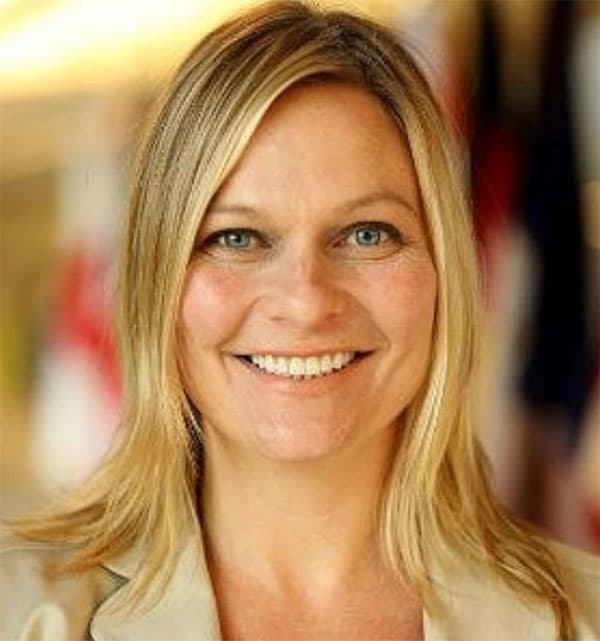
Amielle DeWann
Founding Partner and Head of Consulting, Impact by Design
Amielle DeWan is Founding Partner and Head of Consulting of Impact by Design where she works with non-profits to implement best practices in designing and implementing whole systems approaches to impact-oriented monitoring, evaluation and adaptive management. Amielle’s specific expertise and specialties include: monitoring and evaluation, research design, training design, facilitation, institutional learning and adaptive management, behavior change, project management, and leadership development. Previously, Amielle was the Senior Research and Monitoring Scientist for the International Fund for Animal Welfare (IFAW) where she was responsible for the development and implementation of monitoring and evaluation across IFAW’s programs. In this role, Amielle also designed and implemented adult and learner-centered training programs on behavior change, conservation planning, and research. Previous to her work at IFAW, Amielle served as the Senior Director for Conservation Research and Monitoring at Rare where she was responsible for evaluating and improving the impact of environment-focused behavior change campaigns across the globe. As an expert in strategic planning, monitoring, and evaluation, she also plays an active role in the Conservation Measures Partnership. Amielle serves on a number of professional working groups and boards including: the IUCN Species Conservation Planning Subcommittee, the Environmental Leadersh–ip Program (board chair), and the Open Standards Planning Guidance Review Committee. Amielle received her PhD in Wildlife Ecology, Statistics, and GIS from Cornell University in 2008. She also holds a Master’s degree in Conservation Biology and Public Policy from the State University of New York, Albany, and a BA in Biology from SUNY Binghamton.
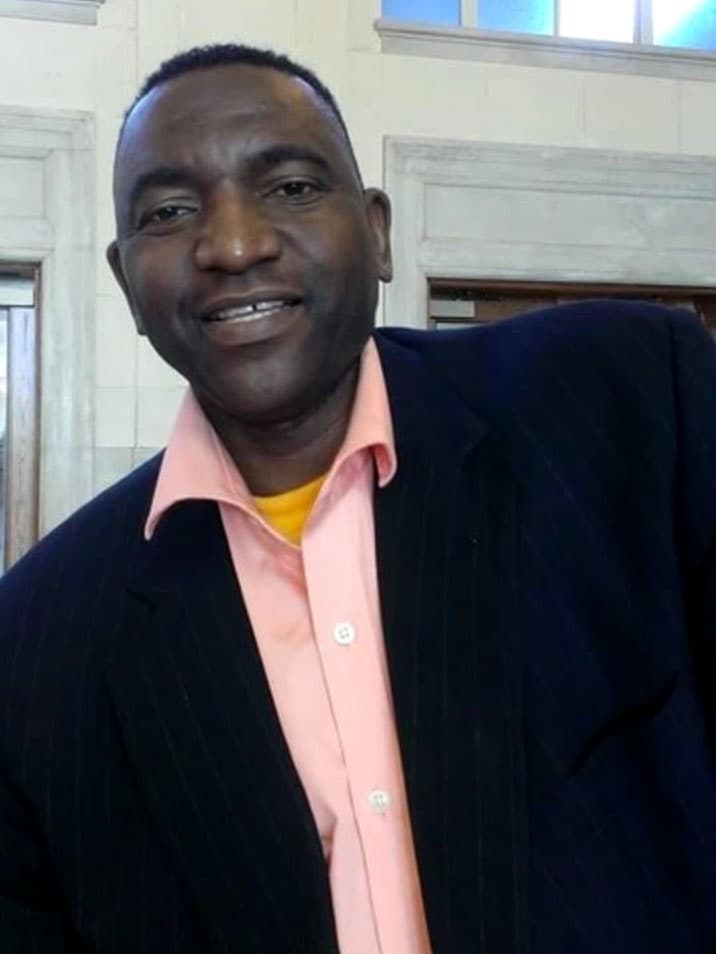
Dr. Patience Kabamba
Professor of Anthropology at the National Pedagogical University (UPN) in Kinshasa
Professor Patience Kabamba is originally from the DRC. After directing the anthropology program at Utah Valley University, Orem, Utah, Dr. Kabamba was recently appointed professor of anthropology at the National Pedagogical University (UPN) in Kinshasa, DRC; he is also an international consultant on community forestry and the protection and preservation of biodiversity in the Congo Basin forests. He has written about twenty articles in high-quality international journals and four books on his experiences as an anthropologist in the Nande community of Butembo, in Grand Nord Kivu, and in his twenty years as student and university professor in the US. He holds university degrees in mathematics in Kikwit (RDC), development studies in Durban (South Africa), philosophy in Paris and Louvain, and a PhD in cultural anthropology from Columbia University New York, in 2008.
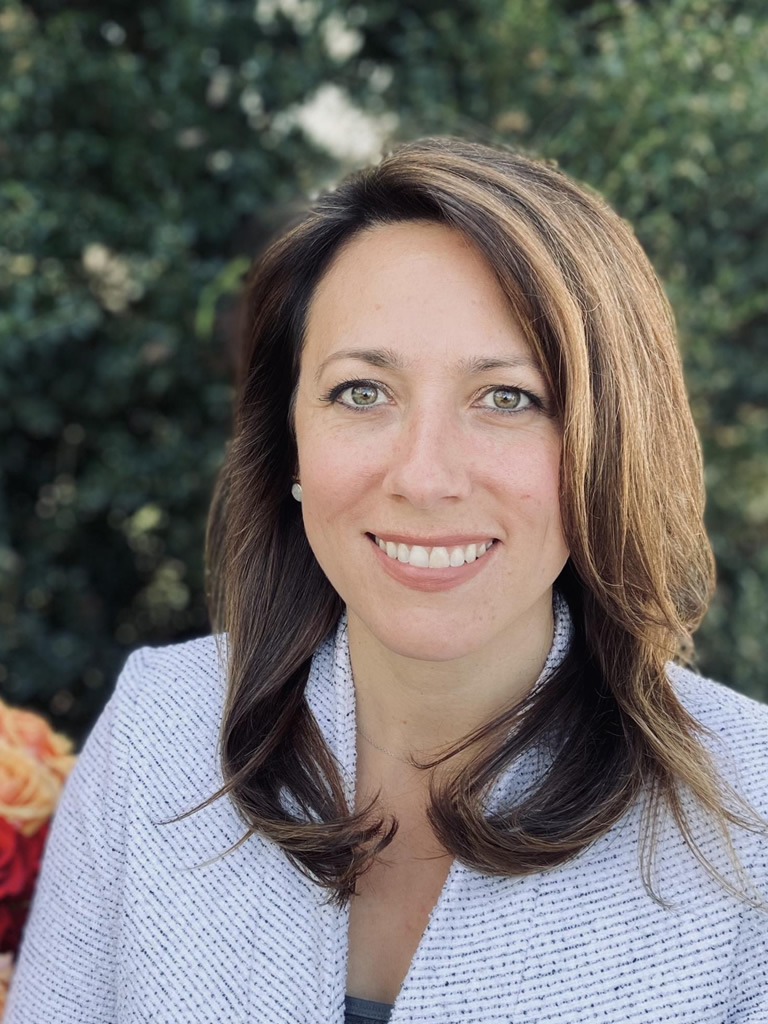
Anna Rathmann
Executive Director, Jane Goodall Institute
Anna Rathmann is the Executive Director of the Jane Goodall Institute. Anna is a proven leader with a track record of successfully conceptualizing, building, and executing complex strategies across multi-dimensional organizations. Anna joined JGI directly from the Great Plains Conservation Foundation, where she served as its inaugural Director establishing and implementing sustainable wildlife, land, and community conservation initiatives throughout Kenya, Zimbabwe, and Botswana. Anna began her career in conservation as a Park Ranger in Yellowstone National Park and later spent more than a decade with the National Geographic Society in Washington, D.C. Anna earned her MBA from Georgetown University’s McDonough School of Business, bridging the business world with the conservation industry. Through all her work, Anna leverages her deep understanding of the philanthropic landscape with an ability to conceptualize and facilitate complex funding strategies and partnerships that preserve and protect some of the most fragile and threatened ecosystems in the world. OneNature’s mission builds upon critical aspects of conservation that Anna is honored to support.
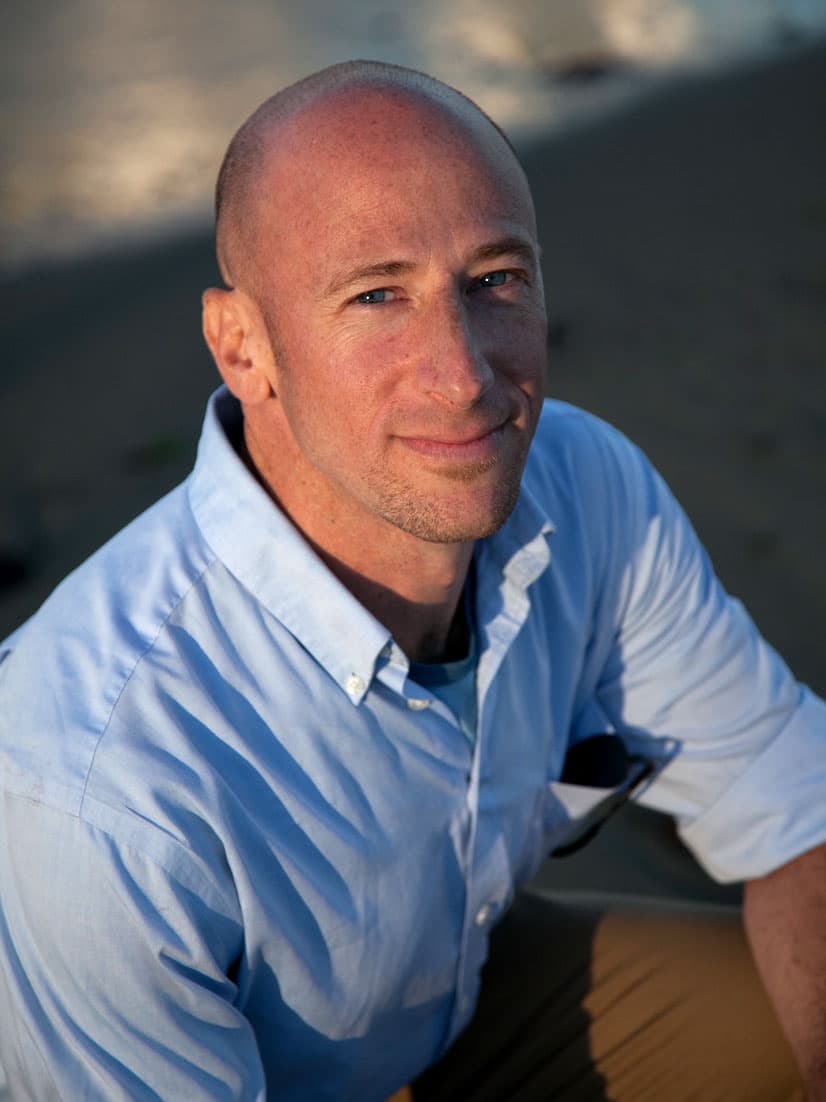
Dr. Andrew Stein
Executive Director, CLAWS Conservancy
Dr. Andrew Stein is the Executive Director of CLAWS Conservancy, a nonprofit organization focused on developing innovative approaches to promote human-wildlife coexistence. After Andrew’s first trip to Kenya, he realized that conservation was the confluence of his greatest interests- wildlife, culture, travel and making a difference. Since 2001, he has studied lions, leopards, hyenas and wild dogs outside of protected areas in Botswana, Kenya, Namibia and South Africa where farmers lose livestock and kill predators in retaliation. Andrew takes a holistic approach to community based conservation including wildlife research, community engagement and capacity building of indigenous people. Andrew’s current work is focused on lions in the northern Okavango Delta, Botswana. He has co-authored over a dozen peer-reviewed research manuscripts, conducted national surveys for leopards and led the IUCN Red List global status update for leopards, eventually uplisting their conservation status to Vulnerable. Andrew is also a member of the IUCN Cat Specialist Group, African Lion Working Group, Kavango-Zambezi Carnivore Conservation Coalition and Adjunct Faculty at UMass Amherst. He currently splits his time between western Massachusetts and southern Africa.
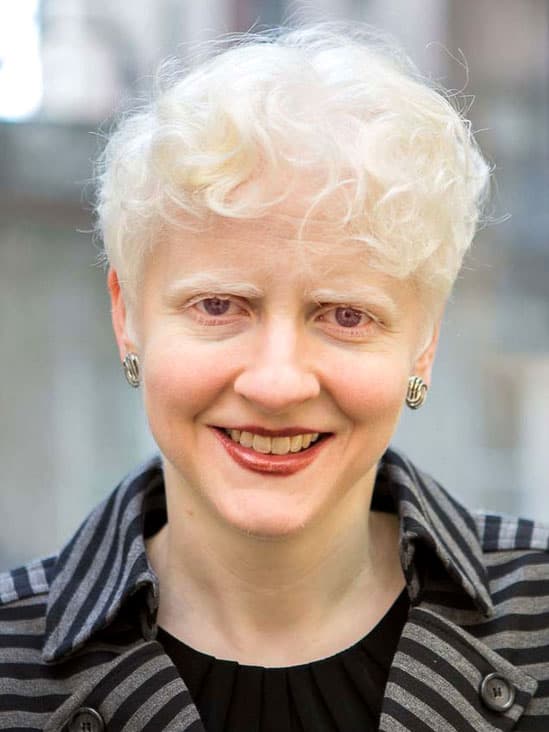
Claire Sterling
Chief Operating Officer at HEART
Claire’s background includes over 25 years of experience across the fields of nonprofit management, philanthropy, communications, and animal protection. She is currently Chief Operating Officer at HEART, a New York-based nonprofit offering PreK-12 humane education programs and teaching resources uniquely designed for a combined focus on social justice, animal protection, and environmental preservation. She previously served as Director, Grant Strategies at the American Society for the Prevention of Cruelty to Animals (ASPCA). While at the ASPCA, Claire was Board President of the national funder affinity group Animal Grantmakers, which she led through a period of major programmatic and financial growth, and she also established the first national funding collaborative dedicated to assisting animals impacted by natural disasters. Prior to her tenure at the ASPCA, Claire worked in the fields of fundraising and web design at the Foundation Center (now Candid), the world’s leading source of information on institutional philanthropy. She earned a B.A. in Psychology from Oberlin College. Her personal blog, The Lion’s Share, provides philanthropy-related resources for organizations that better the lives of animals.
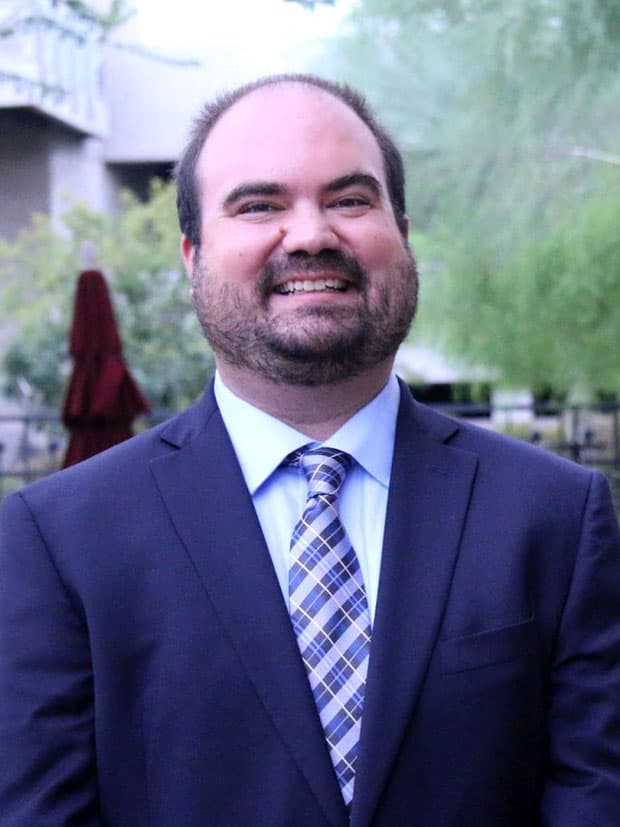
Dr. Craig Talmage
Assistant Professor of Entrepreneurial Studies at Hobart and William Smith (HWS) Colleges
Dr. Craig Talmage, Assistant Professor of Entrepreneurial Studies at Hobart and William Smith (HWS) Colleges, Editor-in-Chief of Community Development. Craig has fifteen years of combined not-for-profit, nonprofit and public sector research and leadership experience, and serves as the faculty liaison for the Center for Community Engagement and Service Learning at HWS.